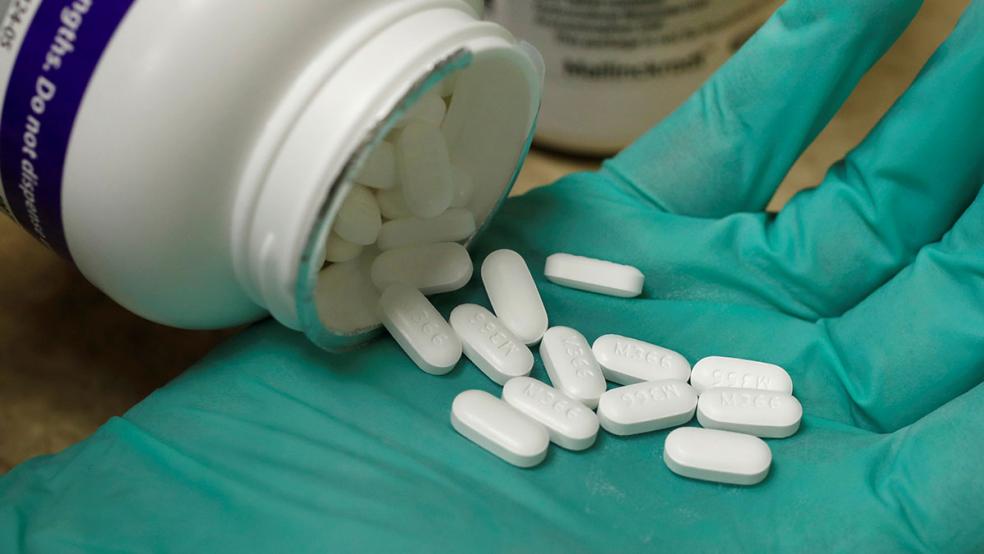Major pharmaceutical firms are fighting a new federal program that empowers the government to negotiate lower prices for drugs that are widely prescribed in the Medicare system. The Washington Post’s Tony Romm reports Monday that the companies are engaged in a “vigorous legal battle” to undo the new program, which was authorized by the Inflation Reduction Act signed into law by President Joe Biden in 2022.
Last week, lawyers for four of the companies affected by the new rule – Bristol Myers Squibb, Janssen, Novartis and Novo Nordisk – filed suit in federal court, claiming that the price negotiation program is unconstitutional, among other objections. The companies say that negotiating lower prices constitutes an illegal taking of their product and would force them to admit that the new prices are fairer than the pre-negotiated prices. They also say that lower prices would harm their ability to compete, to develop new drugs and to provide sufficient supply to the market.
The industry has been making these sorts of aggressive arguments even since policymakers first floated the idea of limiting prices, Romm notes. AstraZeneca, which makes the diabetes drug Farxiga, one of the first 10 drugs subject to price negotiation, said in court that the new rules are like a “gun to the head” that forces a choice between accepting lower profits on its sales through Medicare and withdrawing from the healthcare programs entirely. But a federal judge in Delaware recently rejected that argument, saying the negotiations provide an “economic opportunity that AstraZeneca is free to accept or reject,” and that the government is not required to pay whatever price a given drugmaker wants. AstraZeneca said it may appeal the ruling.
One unfavorable ruling is unlikely to slow the drugmakers’ efforts. Romm reports that the pharmaceutical industry, along with the manufacturers of health products such as nutritional supplements, has spent more than $761 million to lobby Congress since 2022. And PhRMA, the industry’s lobbying group, has donated more than $77 million to candidates for federal office over the same period, and has run advertisements specifically targeting lawmakers who supported the Inflation Reduction Act.
For now, the drug industry is pursuing its battle against negotiations on two fronts. It wants to tie up the program in the courts, in the hope of halting the program as judges sort out the details, with a possible appeal to a Supreme Court dominated by conservatives looming down the road. The industry is also backing Republican efforts to weaken or eliminate the program altogether at the political level. Looking ahead to the fall election, Romm says that a “GOP takeover of Congress and the White House could result in the termination of Biden’s negotiation program.”




